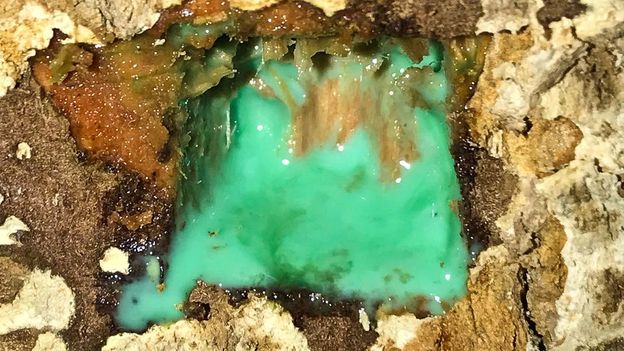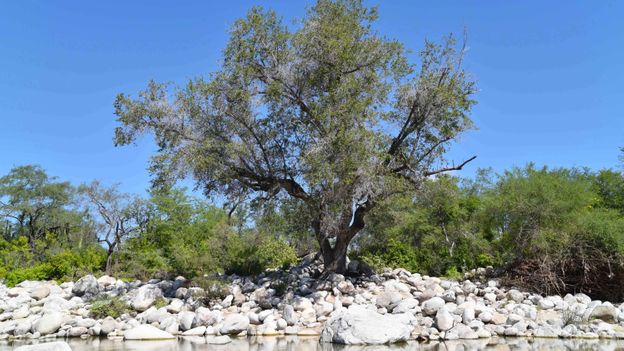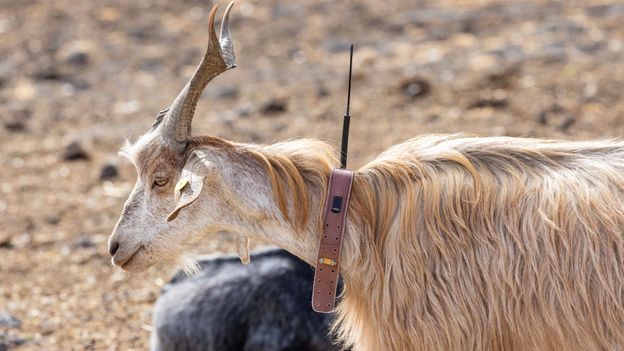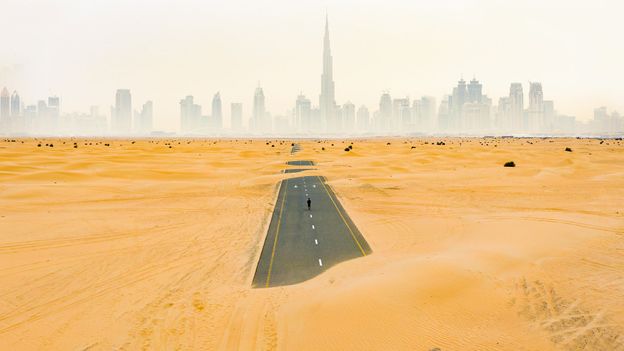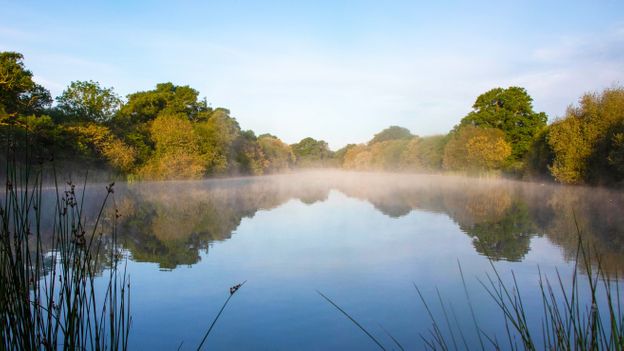The researchers believe many potential hyper-accumulators could be vanishing in rapid land clearances before they can be discovered. Between 1990 and 2018, Sulawesi lost nearly 19% of its forest cover. “We have lost such a big chance to find these plants,” says Tjoa.
Shoots of hope
But Tjoa has not given up her search for hyper-accumulators. In central Sulawesi, a pristine rainforest sits on nickel-rich soils that make up the mountainous region in Morowali natural reserve. This greyish soil, which forms above a bedrock called serpentinite, is thought to be the perfect place for nickel-loving plants to grow. “Our survey in [the Indonesian island of] Halmahera has shown that nickel hyper-accumulators are common in this category of soil, but people haven’t looked for it in Sulawesi yet,” says van der Ent. “It all comes down to concerted efforts to find them.”
In the meantime, an overseas mining company has expressed interest to experiment with phytomining locally, says Tjoa. In 2017, she was contacted by US-based investor who intends to fund her 5,000-hectare (50sq km/19.3 sq mile) trial in Sulawesi. For this project, she says, she would like to use Alyssum murale, the nickel-hyperaccumulator plant from Italy. It might not be ideal to use foreign species in Sulawesi’s ecosystem, but it is at least a sure bet. “Maybe we have to use it first to convince Indonesian government that phytomining works,” she says.
Tjoa hopes that phytomining could become a part of every mining zone, with firms required to reserve a portion of rainforests in their concession area. Using plants rather than heavy machinery to mine would create less waste, preserve the ecosystem and produce less toxic waste. “That,” says Tjoa, “is extraordinary.”
—
The emissions from travel it took to report this story were 0kg CO2. The digital emissions from this story are an estimated 1.2g to 3.6g CO2 per page view. Find out more about how we calculated this figure here.
—
Join one million Future fans by liking us on Facebook, or follow us on Twitter or Instagram.
If you liked this story, sign up for the weekly bbc.com features newsletter, called “The Essential List”. A handpicked selection of stories from BBC Future, Culture, Worklife, and Travel, delivered to your inbox every Friday.

